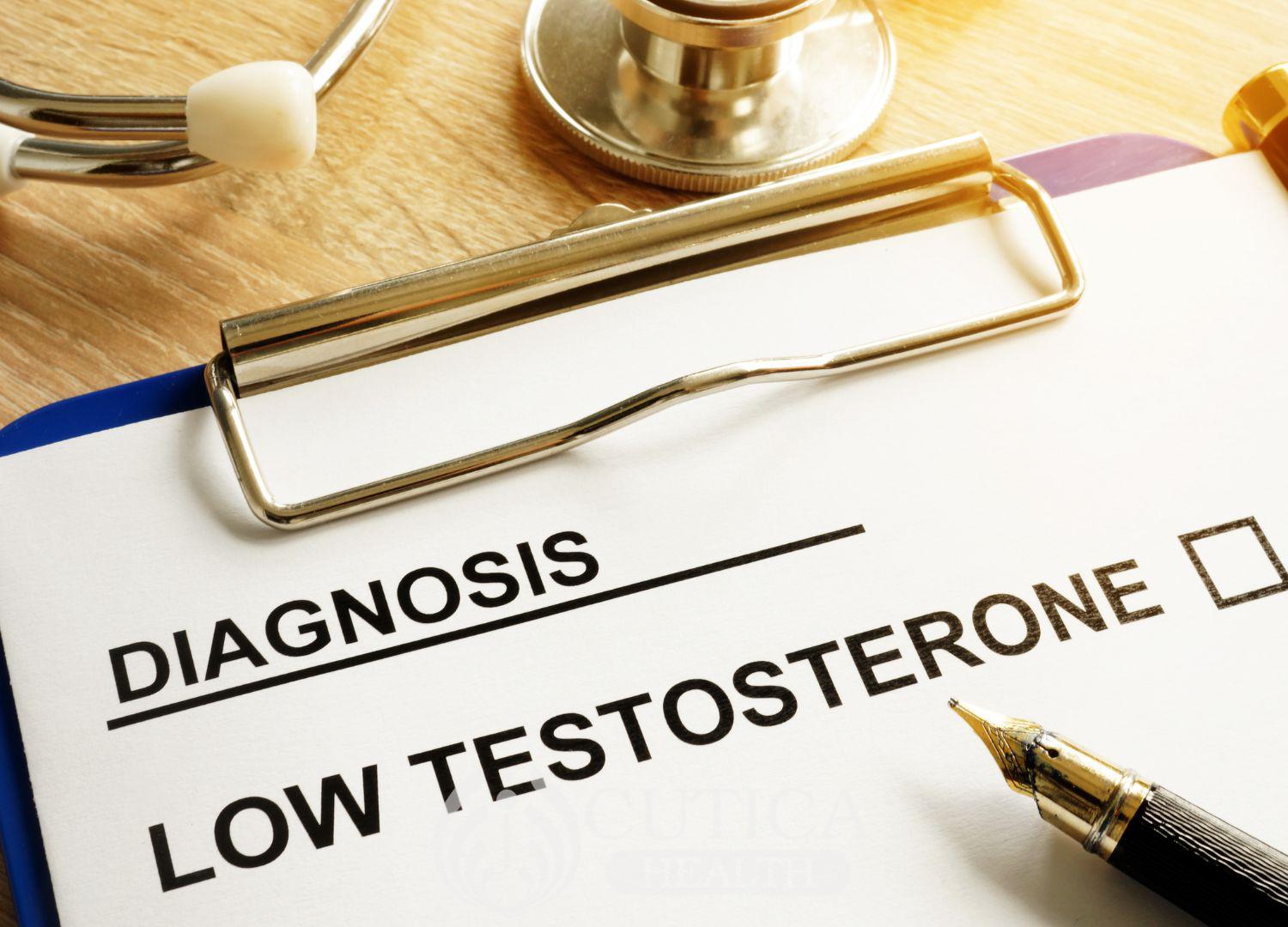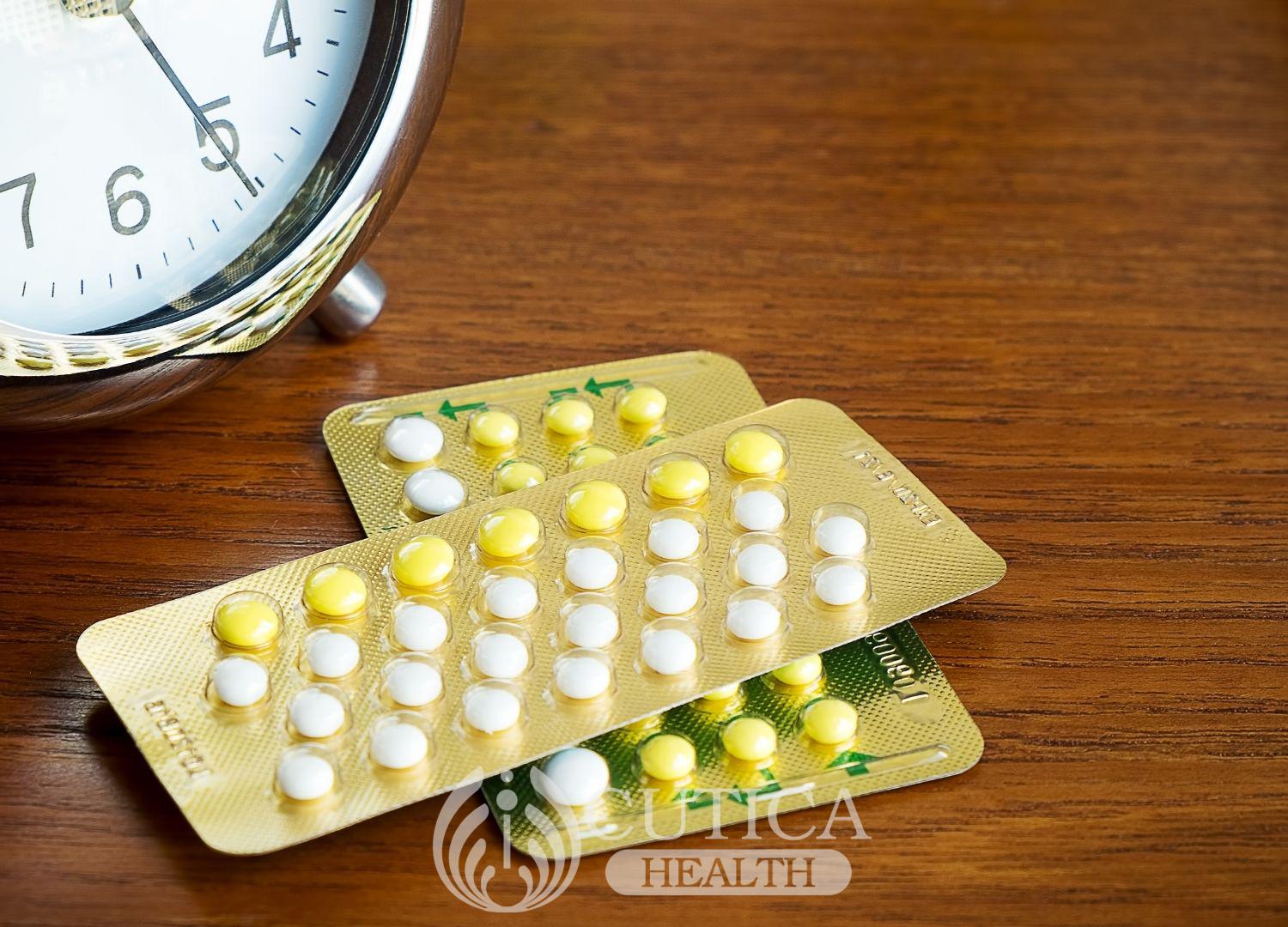
Timothy noticed he was no longer having any sexual interest in his wife. Sometimes he even avoids going to bed at the same time with her so that he can avoid having to say no to her again. He just had his 59th birthday last week and is very active, drives himself, and occasionally walks around the estate for exercise. However, he noticed he is no longer interested in intimacy as he used to be when he was younger.
What is testosterone?
Testosterone is a vital hormone responsible for various physiological functions in men, including the development of male reproductive tissues and the maintenance of muscle mass and bone density. Low testosterone, also known as hypogonadism, is a condition that affects a significant number of men, especially as they age. It happens when testosterone levels are below what is normal for men in that age group.
What are the causes of Low Testosterone in Men?
Several factors can lead to low testosterone levels in men. These factors vary from person to person and may sometimes be more than one in a person with each factor contributing to low testosterone.
a) Aging: As men grow older, their testosterone production naturally decreases, leading to lower levels of the hormone. 
b) Medical Conditions: some medical conditions can impact testosterone production.
c) Injury or Infection: Testicular injury or infections can disrupt the production of testosterone.
d) Chronic Illness: Serious illnesses like kidney and liver disease can contribute to low testosterone levels.
e) Medications: Some medications, including opioids and corticosteroids, may affect hormone production.
What happens when one has low testosterone?
Identifying the symptoms of low testosterone is crucial for early detection and to prompt seeking professional help.
Common signs of low testosterone in men include:
a) Reduced Sex Drive: Low libido and decreased interest in sexual activities.
b) Erectile Dysfunction: Difficulty achieving or maintaining an erection.
c) Fatigue: Persistent tiredness and lack of energy.
d) Loss of Muscle Mass: Decreased muscle strength and size.
e) Increased Body Fat: Accumulation of fat, particularly around the waist.
f) Mood Changes: Irritability, depression, and a decrease in overall well-being.
g) Decreased Bone Mass: Increased risk of osteoporosis and fractures.
How is Low Testosterone diagnosed?
If a man experiences symptoms of low testosterone, a comprehensive evaluation by a healthcare professional is necessary. The diagnosis involves:
a) Medical History: Discussing symptoms and medical history to identify potential risk factors.
b) Physical Examination: A thorough physical examination to check for any visible signs of low testosterone.
c) Blood Tests: Measuring testosterone levels through a blood test to confirm the diagnosis.
What are the treatment options?
Effective management of low testosterone can significantly improve a man's quality of life. Common treatment options include:
a) Testosterone Replacement Therapy (TRT): TRT involves the administration of testosterone through gels, patches, injections, or pellets to restore normal hormone levels.
b) Lifestyle Changes: Adopting a healthy lifestyle, including regular exercise, a balanced diet, and sufficient sleep, can positively impact testosterone levels.
c) Stress Management: Reducing stress and anxiety levels can aid in hormone regulation.
d) Medication Adjustment: If low testosterone results from specific medications, adjusting or discontinuing them may be necessary.
What to do for men having low testosterone?
Before pursuing any treatment, it's essential for men with suspected low testosterone to:
a) Consult a Healthcare Professional: Only a qualified healthcare provider can diagnose and recommend appropriate treatment.
b) Discuss Potential Risks and Benefits: Understand the potential side effects and benefits of treatment options.
c) Regular Monitoring: Regularly monitoring testosterone levels during treatment to adjust the approach if needed.
Conclusion

Low testosterone is a common condition affecting men, and recognizing its symptoms and seeking timely medical advice is crucial. With appropriate diagnosis and treatment, men can manage low testosterone and improve their overall well-being, allowing them to lead a healthy and fulfilling life. As with any medical concern, always consult a healthcare professional for personalized advice and treatment plans.












